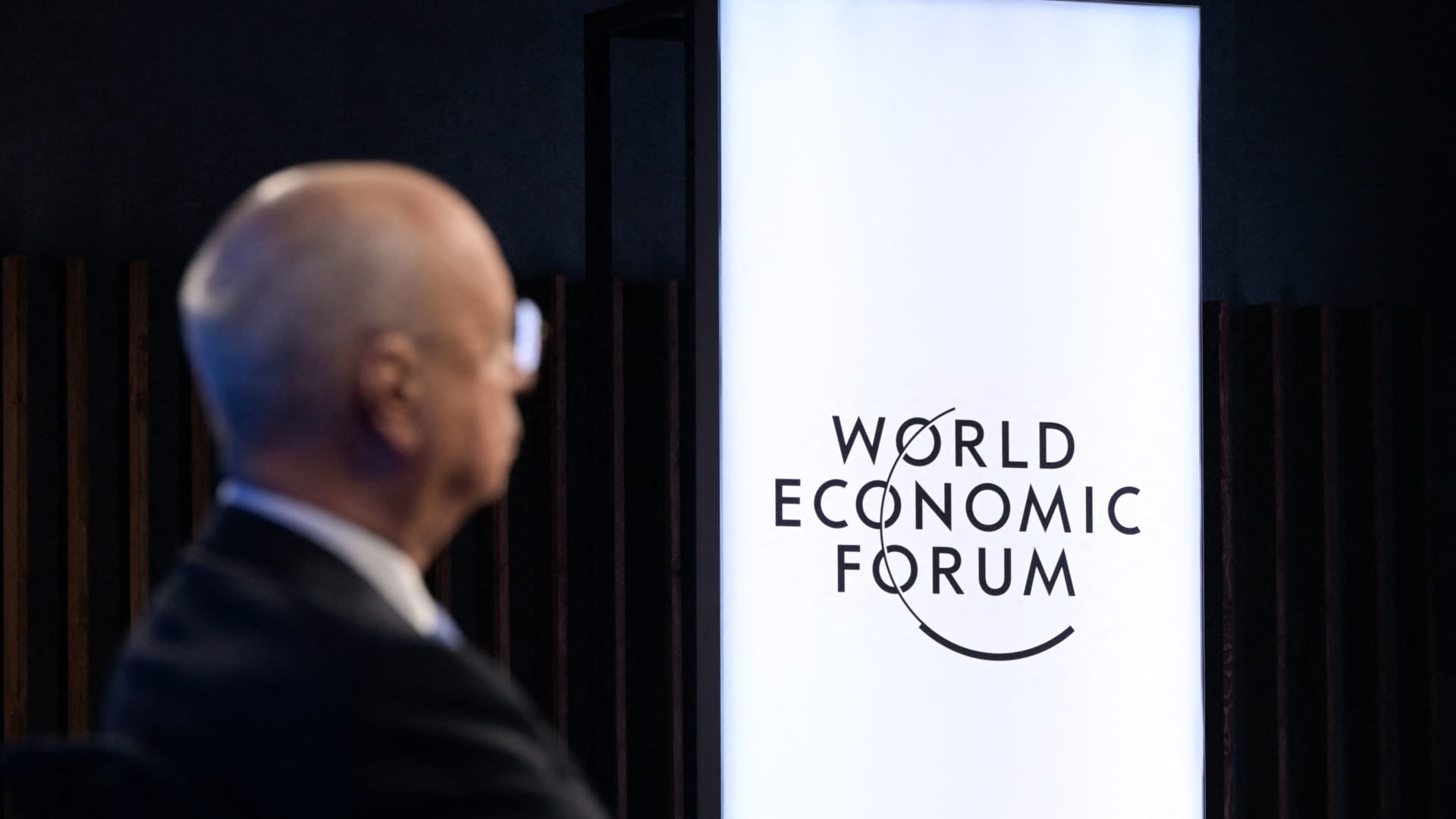
The World Economic Forum is returning to Davos in May after cancelling previous meetings because of the coronavirus pandemic.
Fabrice Coffrini | Afp | Getty Images
The rich, famous and most powerful are once again returning to the Alpine retreat of Davos, Switzerland, next week following a two year coronavirus-induced hiatus that had forced the economic powwow online.
And this year’s edition of the World Economic Forum, taking place in May not January, is looking like a very different prospect.
For starters, participants have to be vaccinated against Covid-19. They also have to get tested both before and after their arrival in town in order to take part in the five-day event.
According to the organizers almost 2,500 people are expected to attend Davos next week down from the 3,000 participants in January 2020.
Participants are considered fully vaccinated if they have received two doses, plus a third booster shot, of all the main vaccines developed to fight Covid, including China’s CoronaVac from Sinovac. Russia’s Sputnik vaccine is not among the recognized shots.
This year’s attendee list does not include any Russian government official or company given the Kremlin’s decision to invade neighboring Ukraine in February.
Russia’s invasion of Ukraine will be one of the main themes at this year’s World Economic Forum. In late January 2021, President Vladimir Putin had addressed the audience online.
Mikhail Klimentyev | Afp | Getty Images
Russia’s onslaught in Ukraine will undoubtedly lead many of the conversations in the Swiss Alps, as business leaders and politicians discuss how to deal with a new world order of security, higher food prices and the inevitable rebuilding of the eastern European country.
“Davos needs to be big enough to keep both agendas in focus: a war in Europe but also a global economic crisis,” Lord Mark Malloch-Brown, president of the Open Society Foundations and a Davos participant, told CNBC’s “Squawk Box Europe” Friday.
In addition, climate change and the (still ongoing) coronavirus pandemic will make up some of the discussion topics.
But there’ll be one more striking change to this year’s edition of Davos: the weather.
The traditional winter timing of Davos means it’s usually set against the backdrop of mountains covered in snow and temperatures as low as minus 20 degrees Celsius.
But this year’s edition is expected to take place with mainly sunny spells and spring-like temperatures that could be above 20 degrees Celsius.
Leave the snow boots at home, and pack your sunscreen.




